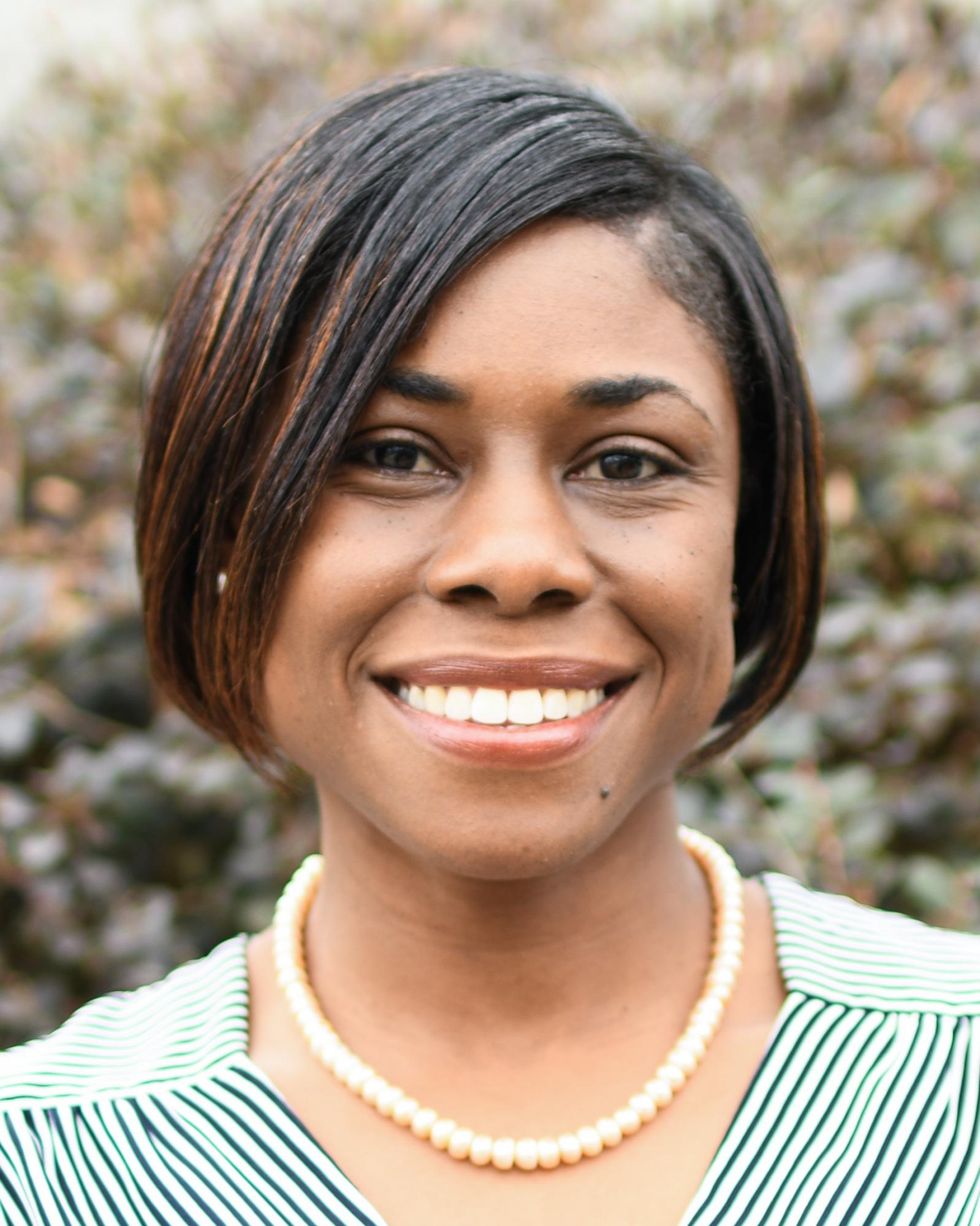
FPG's North Carolina Early Learning Network Shows How Technical Assistance Supports Policy
Since 2013, technical assistance and professional development support from experts at the North Carolina Early Learning Network (NC-ELN) has been an essential resource for state education leaders as they strive to provide quality learning environments for young children with disabilities.
NC-ELN's successful implementation of social-emotional learning models in public preschools now has school leaders considering how these models might work in kindergarten, too.
One of NC-ELN's main functions is to provide the N.C. Department of Public Instruction (DPI) with robust support for the effective implementation of the Pyramid Model for Promoting Social Emotional Competence in Infants and Young Children, which is developed by the National Center for Pyramid Model Innovations (NCPMI) and envisions a world where all young children can have a positive future through the promotion of their social-emotional competence in equitable and inclusive environments.

"Social-emotional learning in preschool teaches young children tools like self-control and problem solving that prepare them to be successful learners," says Sherri Britt Williams, MPH, a technical assistance specialist with the UNC Frank Porter Graham Child Development Institute (FPG) and NC-ELN's principal investigator. "This type of learning is incredibly important to support inclusion for children with disabilities because the practices apply to all children regardless of their developmental level. Teachers who implement Pyramid practices are able to provide an inclusive environment because, as they form relationships with these students, they are more able to understand their challenges and build learning strategies with those in mind."
The Pyramid Model uses an implementation science framework that has proven positive outcomes relating to nurturing relationships in the classroom, providing supportive environments, and targeting social-emotional supports for young children. For children with disabilities, the model removes barriers for learning, allowing teachers to build better relationships with children and families where they can better understand the context of each child's experiences.
The training and support NC-ELN provides to practice-based coaches aims to help teachers reach fidelity of the model, which is to fully implement it in their classrooms. NC-ELN collects coaching and implementation data, analyzing the tools coaches use to measure fidelity and their coaching logs. Coaches use the Teaching Pyramid Observation Tool (TPOT) to coach teachers from the baseline of the model up to fidelity and then check to measure how well the practices are sustained in the classroom.
"We use this to determine progress and also to learn what additional support or guidance they may need. For the implementation support to the district leadership teams, we're helping them plan, scale up, and review implementation data so they can make decisions about improvements. On the FPG side, we're looking at this project data to determine what kind of training, guidance, and tools we may need to best help them," said Williams.
North Carolina now has 37 districts implementing the Pyramid Model in public preschools with 215 practice-based coaches receiving support from NC-ELN consultants. The most recent data showed that those districts were implementing the model in 1,044 classrooms with 340 of those close to meeting model fidelity.
"That's a big win," says Williams, "We get a lot of feedback as the process goes on, and we hear what an impact this model makes for teachers and families. When we look at classroom data, we're seeing consistent gains for the classroom according to teacher assessment of the social-emotional development of children in these classrooms."
Social-emotional learning is gaining popularity in general, says Williams. Based on the work her group has done in public preschools, DPI consultants who support kindergarten instruction reached out to NC-ELN to find out how they might also explore using the Pyramid Model in kindergarten. The state's Division of Child Development and Early Education, which oversees community preschool programs that are not part of the public system, has also expressed interest in implementing the Pyramid Model in their centers.

The NC DPI Office of Early Learning leadership recently asked Williams and her co-PI Catasha Williams, MEd, to facilitate a three-part series of exploratory discussions on implementing the Pyramid Model in kindergarten classrooms to guide them as they build these discussions and develop a planning process on how they might proceed.
"We hear from implementation teams that preschool teachers who have met fidelity are so excited about the change this makes in their classroom. The kindergarten teachers who are in the same school buildings notice the differences in children when they move up. They see that these children already have these skills and are ready to learn."
Williams says the Pyramid Model implementation is also having an impact on discipline in early learning environments where preschoolers are suspended or expelled for behavioral issues. Research shows children enrolled in classrooms where the Pyramid Model has been implemented demonstrate improvement in social skills and have a significant reduction in problem behavior.
"We helped DPI's Office of Early Learning draft guiding practices on discipline for early childhood, and part of that guidance reflected on using Pyramid Model practices to support social-emotional development," she says. "With a stronger focus on those social-emotional learning practices, you're helping children understand how to be better friends, follow rules, stay safe, solve problems, and how to recognize and regulate feelings. If you ask any teacher about the challenges they face, they will almost always bring up behavior or the social and emotional challenges their students experience. Exposing children to these supports early on gives them the tools they need to recognize their own emotions. And, it makes a difference in how teachers are dealing with what they perceive to be challenging behavior when they're using teaching practices to address that rather than removing a child from the classroom."
DPI's Office of Early Learning is now in the process of working with the State Board of Education on how this might fit into existing discipline policies.
"Though FPG will not be involved in that part," says Williams, "our work may inform decisions they make as they review that policy and determine if there needs to be some sort of update specific to policies that impact discipline in public preschools."